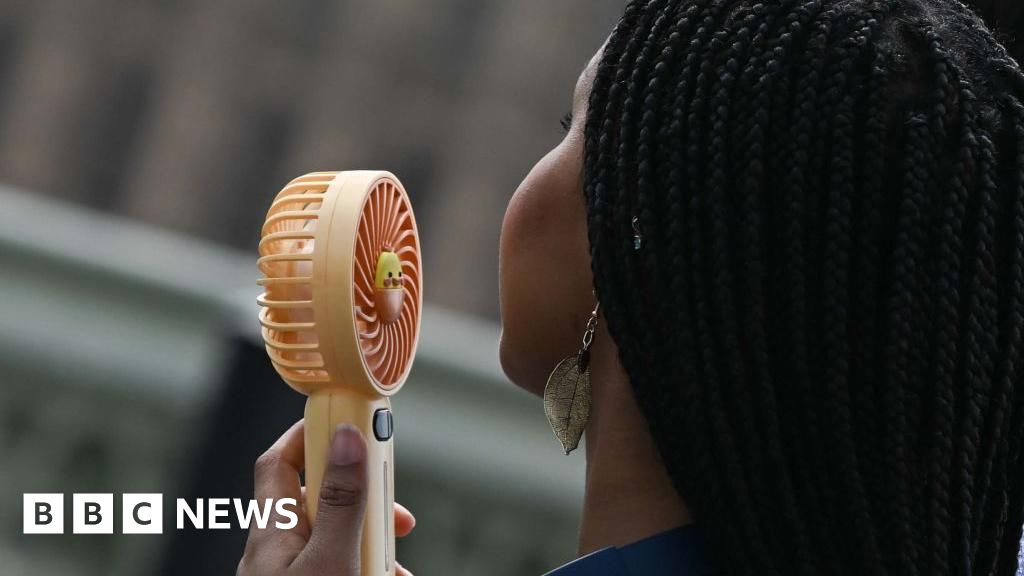Kansans at Risk: Proposed Medicaid Cuts Could Leave Thousands Without Healthcare

Proposed cuts to federal Medicaid funding are sending shockwaves through Kansas, with experts warning that as many as 13,000 state residents could lose their health insurance coverage. The potential impact extends far beyond individual patients, threatening the stability of rural hospitals and driving up the number of uninsured individuals across the state.
The Looming Cuts: A National Concern
Lawmakers in Washington D.C. are currently debating significant reductions to Medicaid, a vital program that provides healthcare access to millions of low-income Americans, seniors, and individuals with disabilities. While the specific details of the proposed cuts are still being negotiated, the potential consequences are already becoming clear. Advocates warn that these cuts would disproportionately affect vulnerable populations and exacerbate existing healthcare disparities.
Kansas: A State Particularly Vulnerable
Kansas, like many states, relies heavily on federal Medicaid funding. A reduction in this funding could trigger a cascade of negative effects. According to recent analyses, approximately 13,000 Kansans could lose their Medicaid coverage, leaving them without access to essential medical services. This includes preventative care, chronic disease management, and treatment for acute illnesses.
Ripple Effects on Hospitals and Rural Communities
The impact doesn't stop with individual patients. Rural hospitals in Kansas, already struggling with financial challenges, are particularly vulnerable. Medicaid patients represent a significant portion of their patient base. Losing this revenue stream could force some hospitals to close their doors, further limiting access to care in underserved areas. The closure of even a single hospital can have devastating consequences for an entire community, impacting local economies and emergency response times.
Rising Uninsured Rates: A Public Health Crisis
As more Kansans lose Medicaid coverage, the state's uninsured rate is expected to rise. This poses a significant public health risk, as uninsured individuals are less likely to seek preventative care, leading to more serious and costly health problems down the line. It also places a greater burden on emergency rooms, which are often forced to provide care to uninsured patients without reimbursement.
The Human Cost: Stories from Kansans
Beyond the statistics, the proposed cuts represent a real threat to the health and well-being of Kansans. Imagine a single mother struggling to make ends meet, relying on Medicaid to provide healthcare for her children. Or a senior citizen with a chronic illness, dependent on Medicaid for essential medications and doctor's visits. These are the stories that often get lost in the policy debates, but they represent the human cost of these proposed cuts.
What Can Be Done?
Advocates are urging Kansans to contact their elected officials and voice their opposition to Medicaid cuts. They argue that investing in healthcare is an investment in the state's future, leading to a healthier workforce, stronger communities, and a more prosperous economy. The fight to protect Medicaid is far from over, and the voices of Kansans are crucial in shaping the outcome.
Looking Ahead: The Future of Healthcare in Kansas
The proposed Medicaid cuts highlight the ongoing challenges facing the American healthcare system. As policymakers grapple with budget constraints and competing priorities, it's essential to remember the human impact of their decisions. The future of healthcare in Kansas, and across the nation, depends on finding sustainable solutions that ensure access to affordable, quality care for all.






